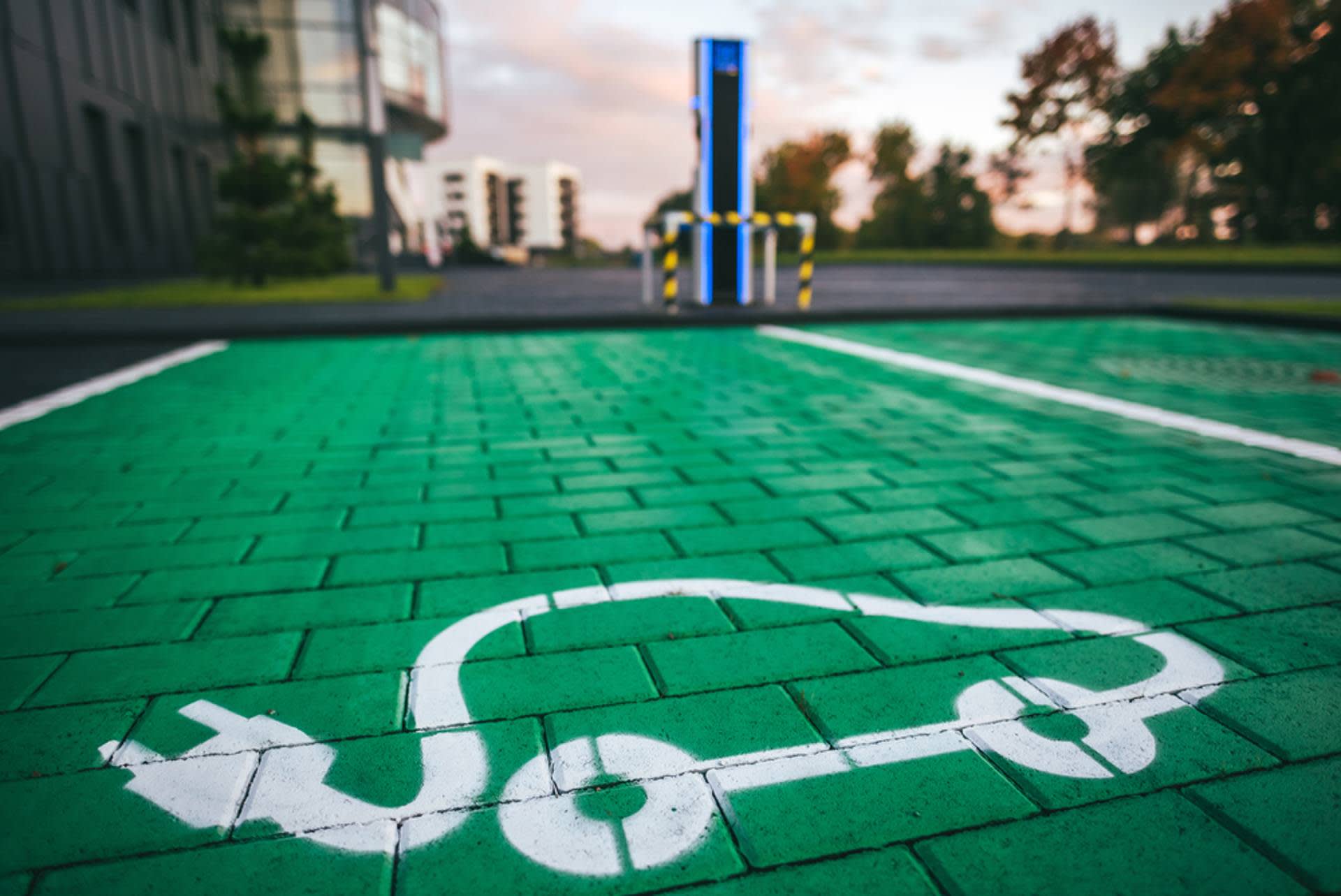Grants, subsidies and incentives for commercial electric fleets
Despite their reputation for being expensive, EVs are becoming increasingly affordable for businesses.
When you consider the total cost of ownership (TCO) – that’s the upfront cost and all running costs such as insurance, fuel, and tax – EVs are often the most cost-effective option for a fleet.
What’s more, there are grants, subsidies, and incentives available to help boost your budget.
We update this list every few months to ensure you have the guidance at your fingertips.

Grants for preparatory installation works and buying and installing charge points
EV infrastructure grant
The EV charge point grant provides financial support towards the installation work necessary to fit charge points.
Whether you plan to install now or in the future, the grant can cover up to 75% of the cost – up to £350 for each socket you install and up to £500 for each parking space you enable with charging facilities.
The EV infrastructure grant for staff and fleets is for companies with 249 or fewer employees. It contributes a maximum of £15,000 and you can receive up to five grants across five different sites.
In 2024 the EV charge point grant expanded to those without a driveway as part of Government’s Plan for Drivers.
Supporting the costs of purchasing and installing EV charge points at residential properties, the grant offers 75% off the cost to buy and install a socket, up to a maximum of £350.
The closing date for all applications is 31 March 2026.
Workplace Charging Scheme
Grants are available to reduce hardware-purchase and direct installation costs by up to 75% or £350 per socket (whichever is less).
The Workplace Charging Scheme provides support towards the cost of up to 40 sockets per applicant. It’s open to eligible businesses, charities, public sector organisations and small accommodation businesses.
The closing date for applications is 31 March 2026.
There are also similar grants to support with preparatory installation works specifically for landlords, renters and schools. Grant scheme eligibility and guidance can also be found on the Government website.
Grants for electric vehicles
Plug-in small van grant
35% of the purchase price, up to £2,500 (only available for a total of 1500 plug-in vans and trucks for your business or organisation each financial year).
Plug-in large van grant
35% of the purchase price, up to £5,000 (only available for a total of 1500 plug-in vans and trucks for your business or organisation each financial year).
The UK Government has recently extended the Plug-in van grant for another year.
Other vehicles
Grants are also available for the following vehicle types:
- Wheelchair accessible vehicles
- Motorcycles
- Mopeds
- Taxis
- Small trucks
- Large trucks
Here's a list of all eligible vehicles and criteria for the plug-in vehicle grants.
Additional incentives
Lower Benefit-in-Kind tax - cars
EV company car drivers pay less Benefit-in-Kind (BiK) tax (also known as Company Car Tax (CCT) rates). These will be 2% for 2024/25, before gradually increasing to 3% in 2025/26, 4% in 2026/27, and 5% in 2027/28. It will then increase by 2% year-on-year, to 9% in 2029.
0% Vehicle Excise Duty (VED)
From April 2025, electric cars, vans, and motorcycles will begin to pay VED (otherwise known as road tax) in the same way as petrol and diesel vehicles:
- EVs registered on or after April 1, 2017, will pay the standard annual rate of VED, which will be £195 per year from April 1st 2025.
- EVs registered between 1st March 2001 and 30th March 2017 will be subject to the reduced rate for older vehicles of £20 per year.
- New electric cars (registered on or after 1st April 2025) with a list price of £40,000 or more will be subject to the expensive car supplement.
- Electric vans will also be required to pay the same standard rates as other light goods vehicles.
Find out more about vehicle tax rates.
Other benefits
Electric vehicles may also enable you to take advantage of other benefits, including:
- Exemption from fees in the London Ultra Low Emission Zone, which was expanded across all London Boroughs in 2023, and Clean Air Zones in other cities
- Free parking in certain locations
- Potentially reduced running costs due to electricity typically being cheaper than petrol or diesel as Fuel Duty is not applied
- Tax exemptions for workplace EV charging under certain conditions
At Drax, we can help you find out what grants, subsidies, and incentives are available for your business fleet. Get in touch using our contact form.
Contact usDisclaimer
We’ve used all reasonable efforts to ensure that the content in this article is accurate, current, and complete at the date of publication. However, we make no express or implied representations or warranties regarding its accuracy, currency or completeness. We cannot accept any responsibility (to the extent permitted by law) for any loss arising directly or indirectly from the use of any content in this article, or any action taken in relying upon it.